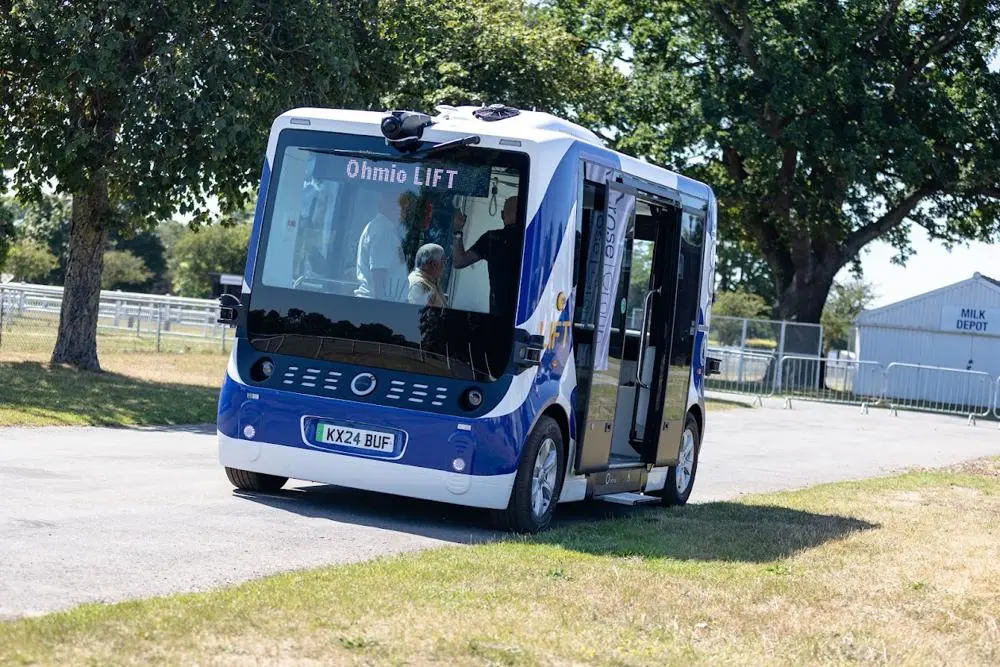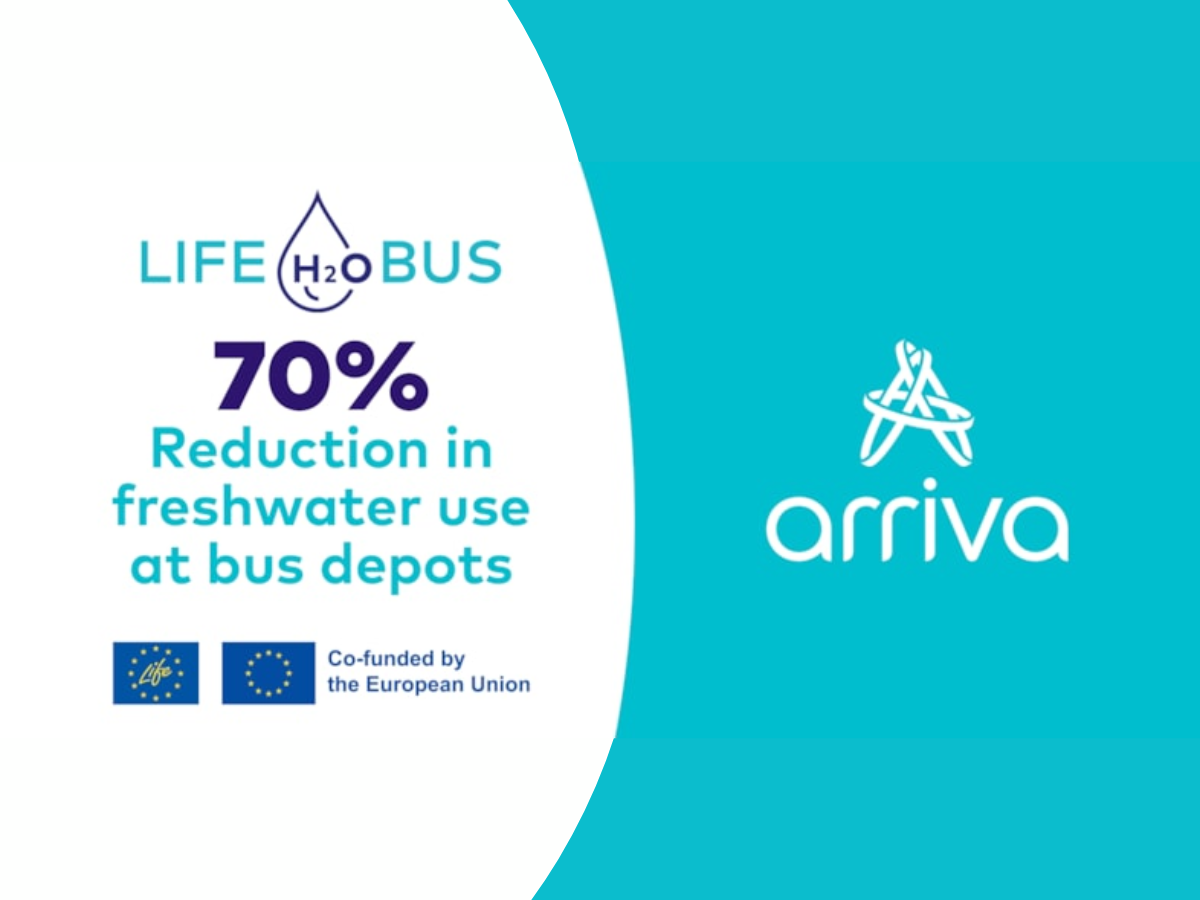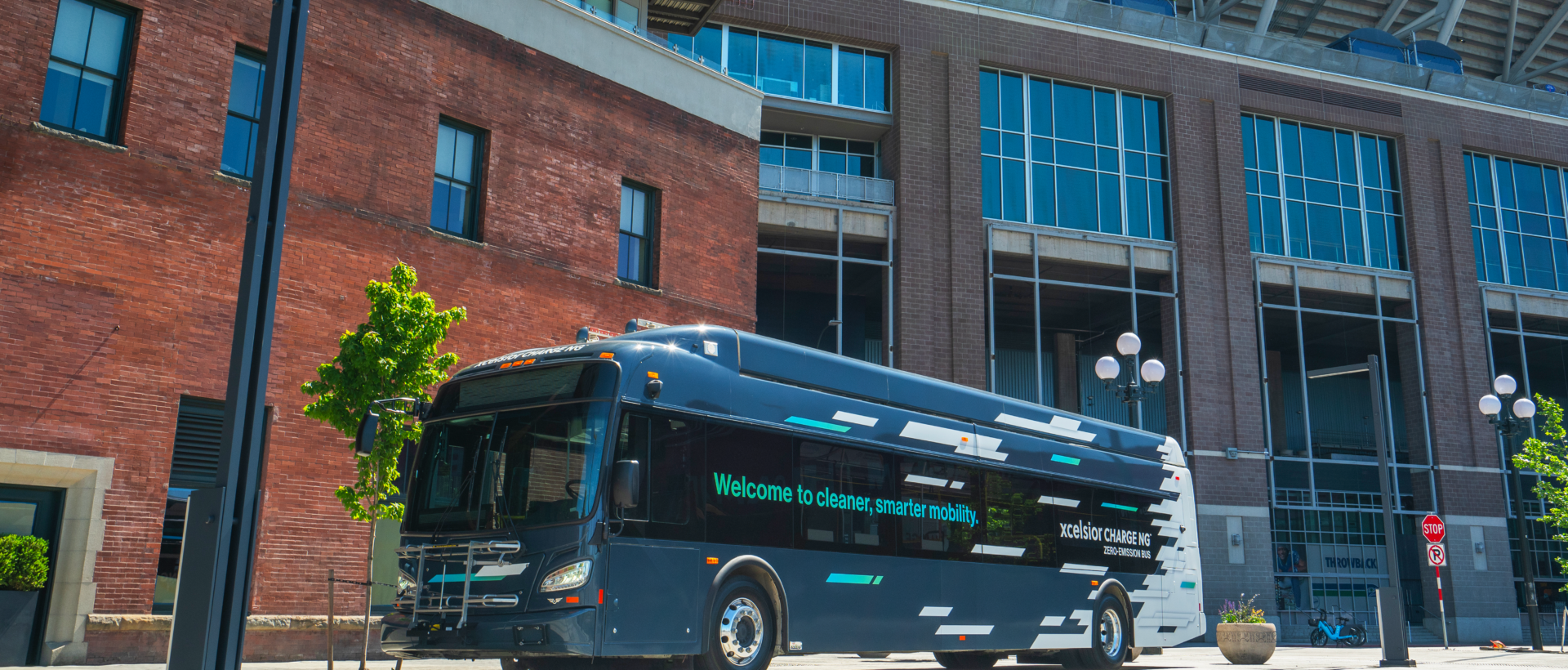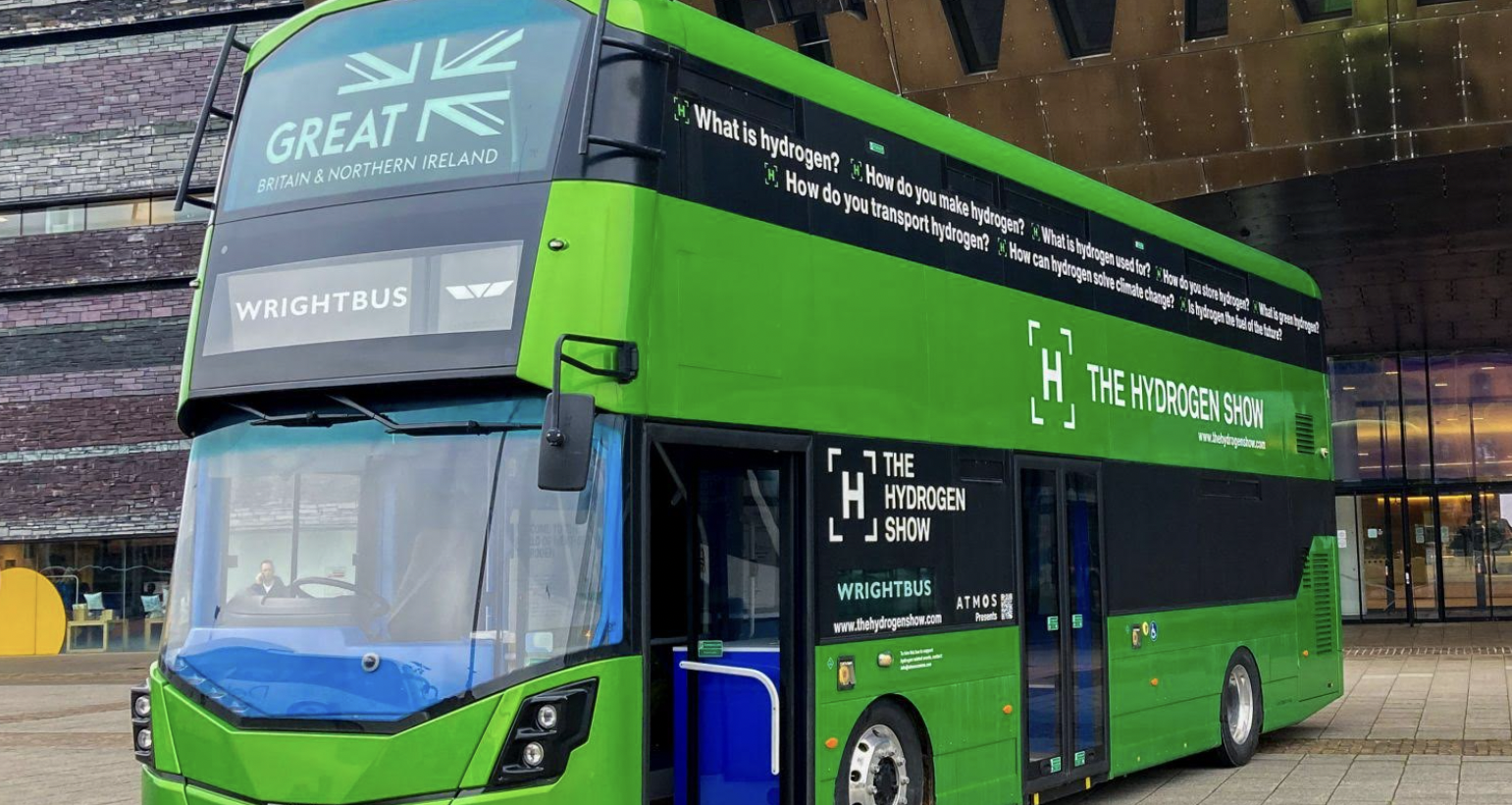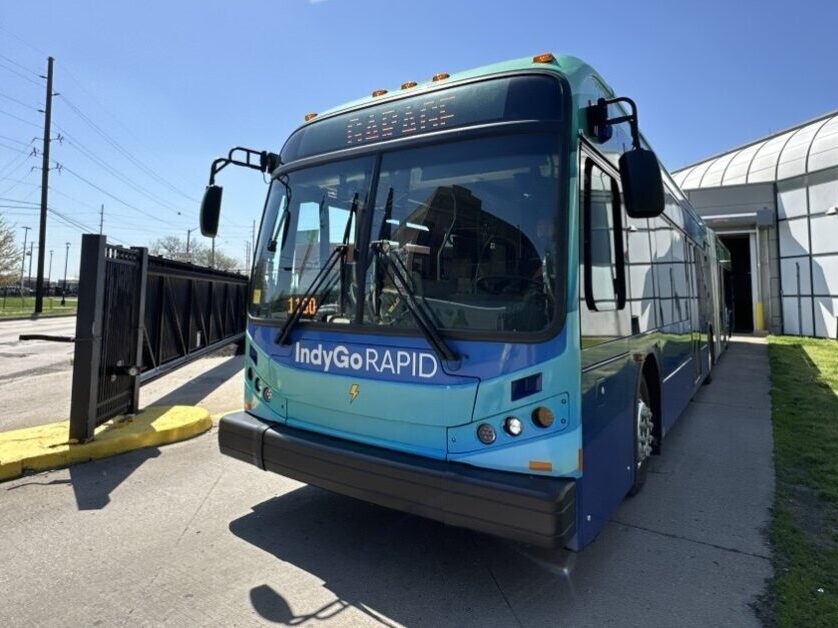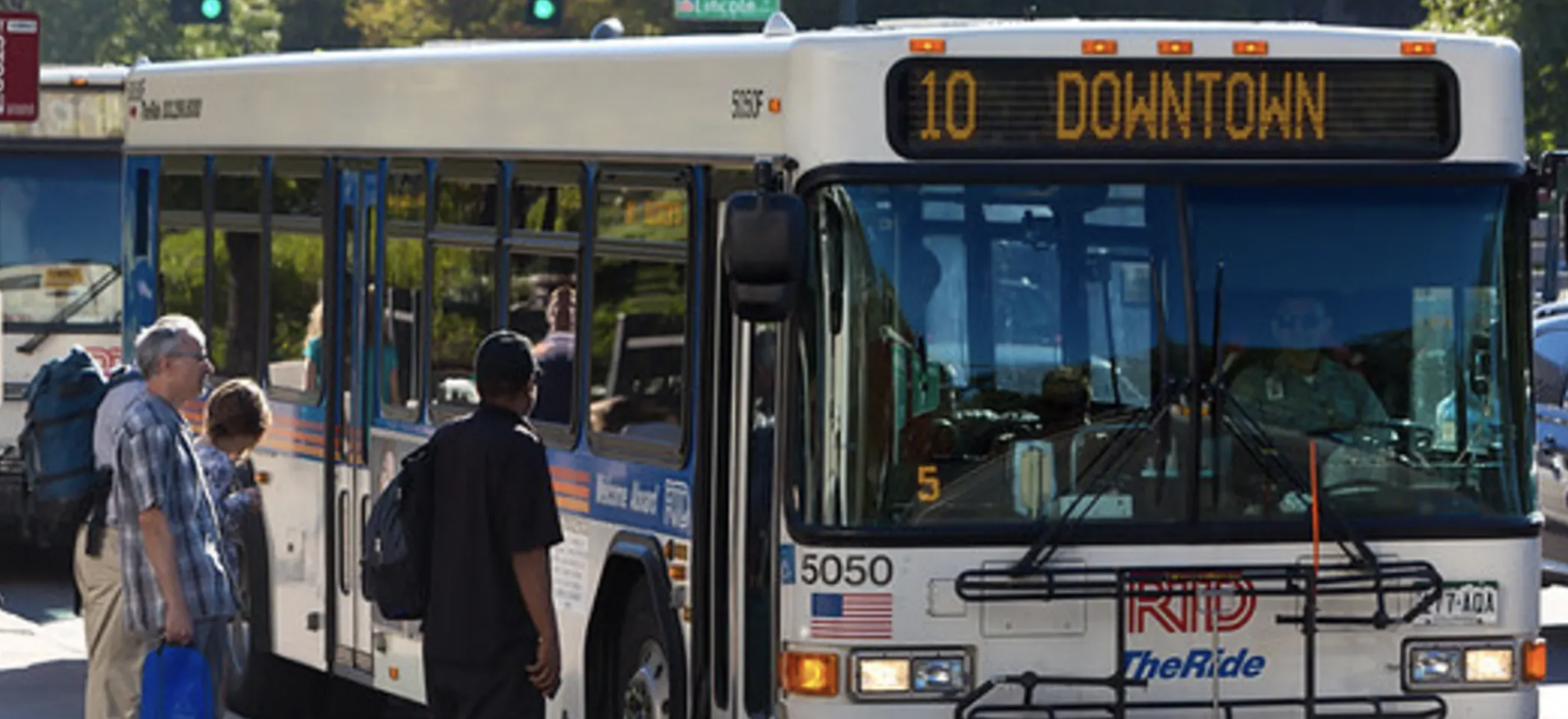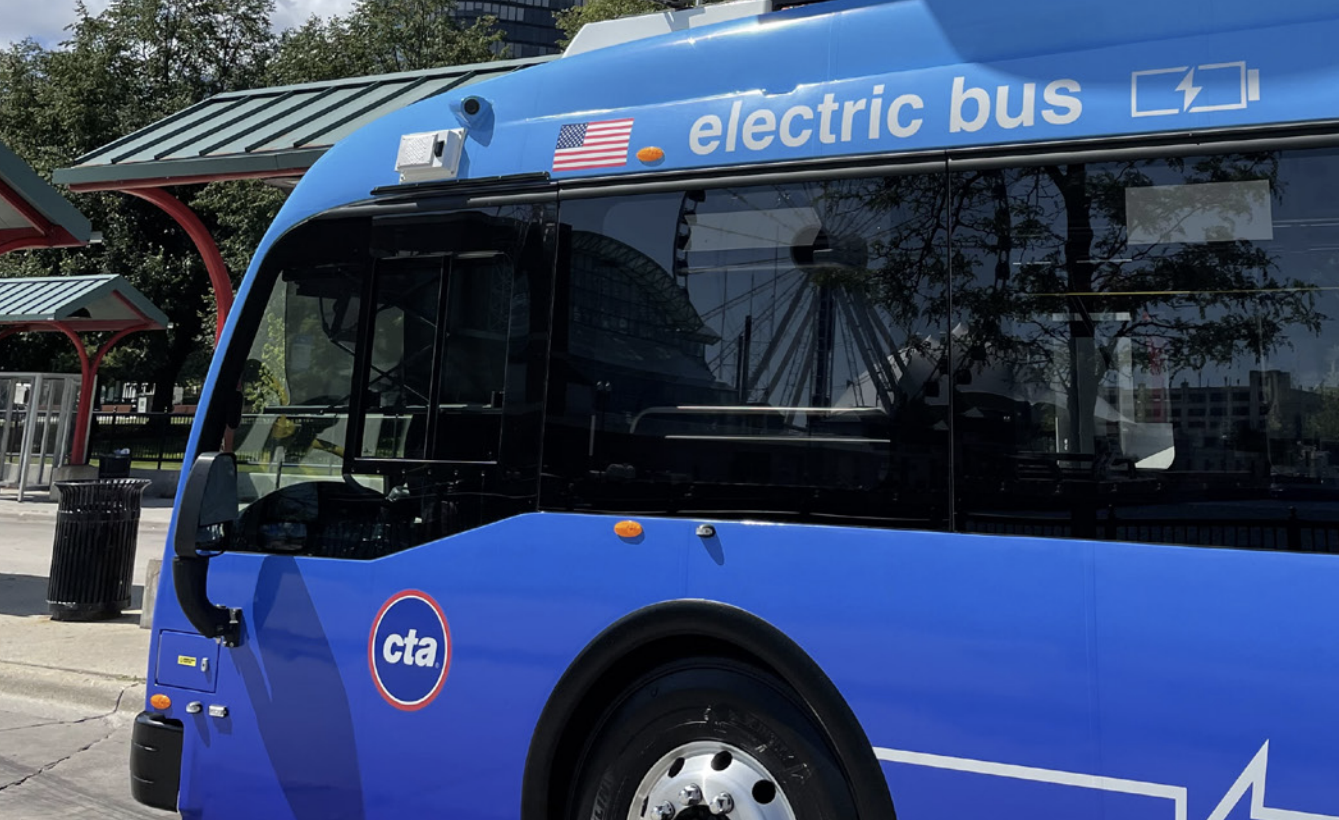The Alameda-Contra Costa Transit District (AC Transit) is extending the use of automated camera enforcement to bus stops on all bus lines throughout its service area.
This initiative uses AI-powered cameras to detect vehicles illegally parked or stopped at bus stops.
In doing so, the agency aims to improve safety and efficiency across its network, ensuring that bus stops remain clear for transit vehicles.
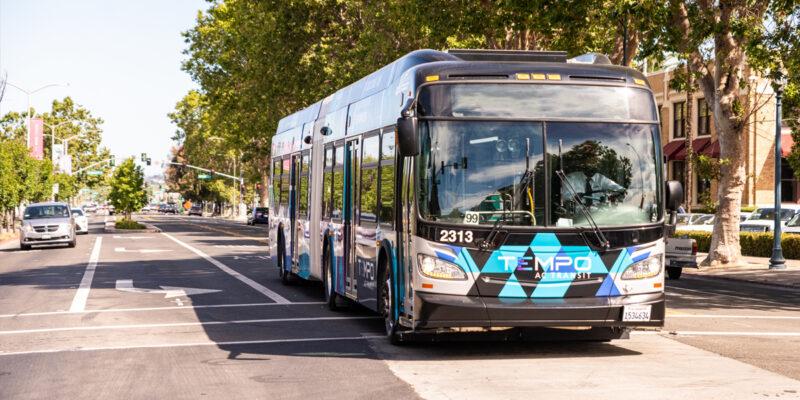
The cameras were initially tested on the Tempo Line 1T, which is AC Transit’s highest ridership route. Here, they proved effective in monitoring and issuing citations for illegal stopping and parking.
Indeed, between 16 June and 25 July 2024, AI cameras along the 9.5-mile Tempo corridor documented 1,102 potential violations, leading to 787 citations issued by the Alameda County Sheriff’s Department.
Now, the technology is being deployed on 100 buses across the network, identifying any vehicle, including taxis, rideshares, and delivery trucks, that obstructs bus stops.
Each of the 100 buses is equipped with two small forward-facing cameras mounted on the front windshield. Developed by Hayden AI, the cameras use computer vision to monitor bus stops in real time.
When a potential violation is detected, the system generates an evidence package containing a 10-second video of the incident, a photo of the vehicle’s license plate, and the time and location of the violation.
This information is transmitted to a secure cloud, accessible only by transit law enforcement. Trained officers review the evidence and decide whether to issue a citation to the vehicle’s registered owner.
For the first 60 days, violators will receive warning notices sent by USPS mail. From 7 October, these warnings will be replaced by 110 USD citations, also issued via mail.











